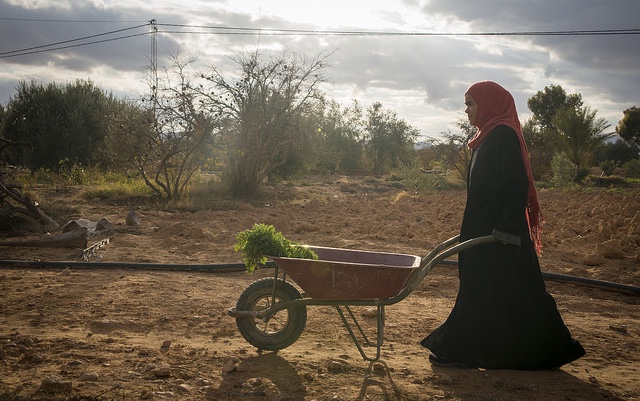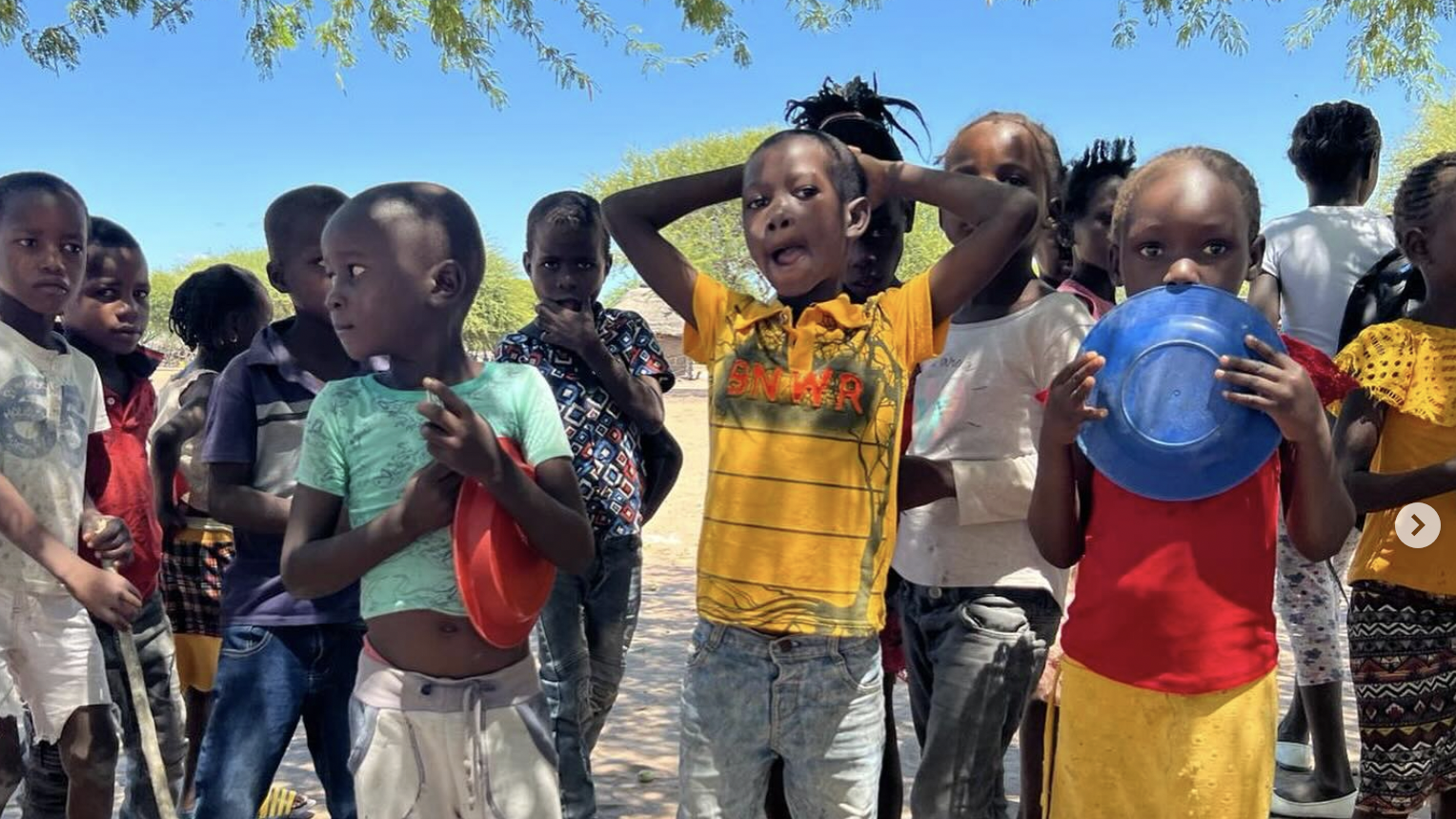The recent UN Climate Change Conference (COP23) in Bonn reaffirmed the importance of continued climate action for achieving the Sustainable Development Goals (SDGs). That requires building climate resilience into development plans. But turning global commitments into policy and programs is no simple feat. Rising climate threats require coordinated actions across sectors to ensure that development plans continue to make progress towards achieving multiple goals, including sustained poverty reduction, elimination of hunger, nutritional security, and gender equity. Maximizing the synergies and reducing the tradeoffs between these goals demands careful consideration of cross-cutting issues and spillover effects.
Research shows that climate change adaptation efforts that ignore gender differences and nutrition implications may unintentionally perpetuate gender inequities and undermine nutrition security. For instance, there are documented gender differences in the ways technologies are adopted; ignoring them can hinder the diffusion of climate-smart technologies and exacerbate inequality. Climate adaptation programs that focus solely on safeguarding agricultural production may overlook ways in which nutrition is compromised after food leaves the farm and moves along the value chain. Other climate change mitigation efforts in developing countries, such as bioenergy incentive programs or penalizing livestock-based diets, may also inadvertently harm nutrition and health outcomes.
It will take systematic efforts to integrate such nuanced cross-cutting issues into development programs. These are still in the relatively early stages. To support them, IFPRI’s Gender, Climate Change, and Nutrition Integration Initiative (GCAN), supported by USAID, has developed a conceptual framework that highlights the linkages, synergies, and tradeoffs between these issues in the context of agriculture and rural development in developing countries.
IFPRI
The GCAN framework highlights key elements from several different bodies of literature and identifies the relationship between them thereby providing a platform for common understanding across different disciplines. By considering these elements in the context of a particular policy or program, the framework can be used to identify entry points for projects and policies to achieve priority outcomes and measure change. While the GCAN framework builds on similar conceptual frameworks relating resilience, nutrition, and gender in climate change, several aspects represent new contributions.
First, the GCAN framework highlights the gender-based differences in people’s capacities to respond to climate change: In their power to negotiate responses within households and communities, and in the differential impacts they bear that result from those responses. Men and women differ in their capacity to absorb and adapt to climate shocks and stressors, given their distinct livelihood activities, perceptions of climate change and climate risk, control over assets and productive resources, and differing access to information—among other factors. In particular, women often have less decision-making authority at home and in the community, which limits their ability to adopt strategies that meet their own needs and priorities. Given all these differences, research shows that men and women do not benefit equally from climate resilience programs, technologies, or practices.
Second, the GCAN framework brings in nutrition as both a consequence of climate change and a factor affecting the ability to respond to climate change. Research shows climate shocks and stressors change the availability and prices of food, which influences both consumption and production of healthy foods. Nutrition and health status also influence people’s physical capacity and ability to work, which in turn affects their ability to respond to climate change.
The GCAN framework also moves beyond food production to show potential climate impacts on each stage of the value chain. When they devise responses to specific climate risks, policy makers and program designers should consider ways to maximize nutrition entering and minimize nutrition exiting the value chain. Finally, diet choices themselves affect environmental outcomes—particularly the level of greenhouse gas (GHG) emissions. For example, improving nutrition in developing countries may depend on people consuming more animal source foods, yet this can lead to increases in GHG emissions.
Building in several agriculture-to-nutrition pathways, the GCAN framework highlights how responses to climate shocks and stressors can change production, incomes, and workloads, all factors that affect nutrition and health status. The framework also illustrates the ways that nutrition is about more than just food: It is driven by diet, health status, care practices, and the environment—including the water supply, sanitation and hygiene (WASH) environment. Women’s empowerment, meanwhile, is another pathway to improved maternal and child health and nutrition, given the critical role that women play in caring for children, the elderly and the sick. The time and energy women devote to agricultural labor can affect their ability to provide that care—and also their own nutrition and health status.
So what does all this mean for policy makers and practitioners aiming to increase the resilience of their development policies and plans? Of course, there are no easy solutions to ensure that programs and projects effectively address climate risks while ensuring gender equity and nutrition outcomes. But the GCAN framework can provide guidance to investigate these issues in specific contexts, helping to build a foundation for future programs that will one day seamlessly integrate these diverse issues.
Elizabeth Bryan is a Senior Research Analyst in IFPRI’s Environment and Production Technology Division. Please join our webinar on the framework on Dec. 6 from 9:30 to 11 ET: Integrating Gender, Climate Change, and Nutrition in Development Programming.







